AHEAD OF THE ELECTIONS
It’s up to us to give renewed impetus to the European project, rediscovering the reasons of our being together: the historical reasons that were reasons of peace, affirmation of rights, of cultural enrichment – not only for economic and financial wellbeing – as well as those linked to the many challenges we are facing today. It’s our responsibility to fully believe in the importance of proceeding together as we address the challenges that the course of history places along our way; without backtracking, without renouncing the determination to transform our continent into a space for the promotion of human rights, freedom and social justice. This should be done not only for our own good but also for the good of other continents, starting with those bordering on the Mediterranean.

“Europe won’t be built overnight, neither without obstacles on its way. Nothing that lasts happens easily. Europe is already on its way.” These words were written over 50 years ago by Robert Schuman, one of the “Founding Fathers” of the European Union. There was full awareness of the challenges, including those linked to historical developments, that this ambitious and complex political project entailed. But far from causing a renunciation this awareness strengthened the belief that those very difficulties would set the conditions for a journey in which peoples and States could work together in the construction of a “common home”, based on the shared yearning for peace, freedom, democracy and wellbeing.
Europe is a journey, as Schuman writes, and every journey involves a certain amount of tiredness in seeking the best path, as well as some stumbling blocks.
Will the upcoming European elections mark a further step in the direction of the common European home or will they bring us back to an era of closure, national egoism and mutual diffidence? Will we be able to recover our common path or will we get lost in the maze of euro-scepticism and anti-Europeanism? For the first time, the election campaign risks turning into a referendum in favour or against Europe, and the dissolution of the European project is no longer a mere hypothesis. Many are those that with persuasive words try to convince us that ultimately it would not be a disaster; that if we were on our own everything could be better, that we can chose to return to be the “masters in our own house.” But the very complexity of our present times, when so-called globalization brings world challenges on the threshold of our homes, shows that no Country, today, can afford to proceed in solitude. It’s the content of an open letter released a few days ago, signed by various bodies representing Italy’s Catholic world: “Today, in order to exist and resist in a large and complex world, we need a united Europe more than ever before.”
Moreover, the decisions on the destiny of Europe will affect our common future.
Thus, three months before the elections of May 26, I shall hereby propose three key-themes. First of all, it should be remarked that the European Union will only survive if it proves capable of making a leap forward. If it ceases being “confined to a system of alliances or a coalition of interests”, in order to become a “community of destinies”, starting with the unifying themes of growth, employment, centrality of the human person, protection of the family, solidarity, fight against poverty, reduction of social inequalities. This means – the second key-theme mentioned also in the recent Manifesto drawn up by member organization of Retinopera – that it’s ever more urgent to identify the indispensable institutional changes that ought to take place in Europe, in order to secure its political renaissance. In recent years, all the limits of the EU came to the fore when faced with the economic and financial crisis, with migratory pressures, and terrorist threats. This happened also because Member States’ governments did not provide EU institutions with the necessary powers and tools enabling them to take action. This led to the need for changes for a Europe that is more united, efficient and fair.
Third point,
Europe must return to be “appealing”,
capable of involving and motivating its citizens, social partners and territories that form part of it. Europeanism must return to be manifested at grassroots level; it must stem from a shared dream. In this respect, we welcome the promotion of a European symbiology, the quest for faces, emblems and projects enabling European citizens to identify with their common homeland. But it’s equally urgent for European institutions to recover credibility in the eyes of their citizens, thus making them feel represented, acknowledging and expressing their requests, their needs, their aspirations as well as their skills. We need institutions that are closer to the people – not only to governments, bureaucracies or economic powers.
Yet we also need citizens that feel closer to Europe. Relaunching “Europe’s building site”– fourth and last point – requires increased participation, greater sense of responsibility, greater involvement – rational and emotional alike – on the part of European citizenry. It’s up to us to give renewed impetus to the European project, rediscovering the reasons of our being together: those historical reasons that were reasons of peace, affirmation of rights, of cultural enrichment – not only for economic and financial wellbeing – as well as those linked to the many challenges we are facing today. It’s our responsibility to fully believe in the importance of proceeding together as we address the challenges that the course of history places along our way; without backtracking, without renouncing the determination to transform our continent into a space for the promotion of human rights, freedom and social justice. This should be done not only for our own good but also for the good of other continents, starting with those bordering on the Mediterranean.
(*) National President, Catholic Action, Italy